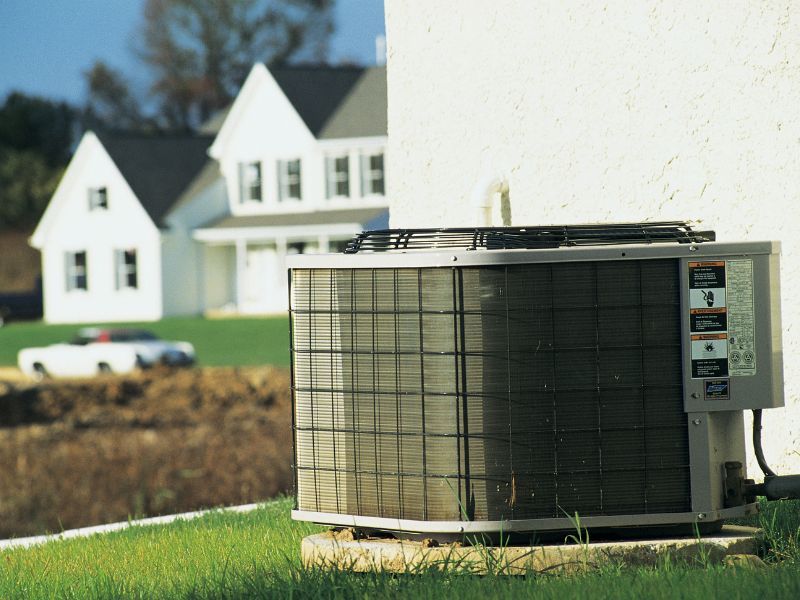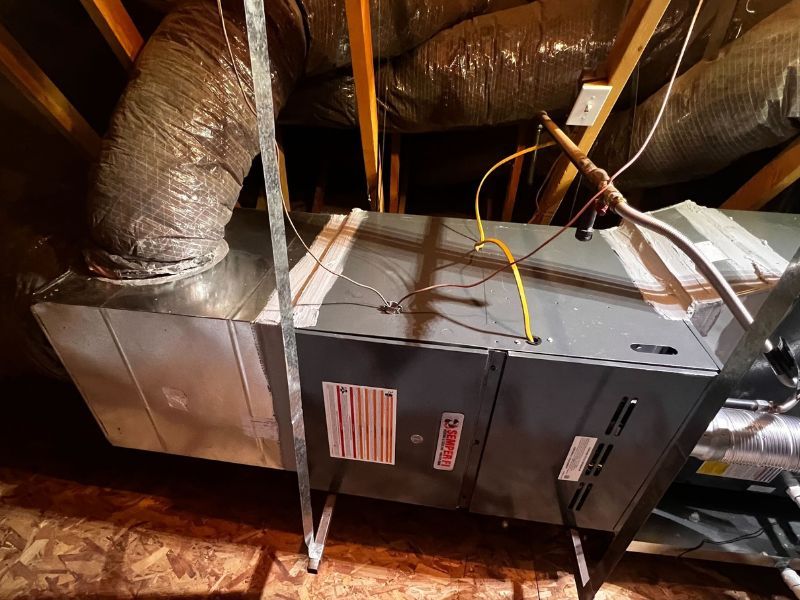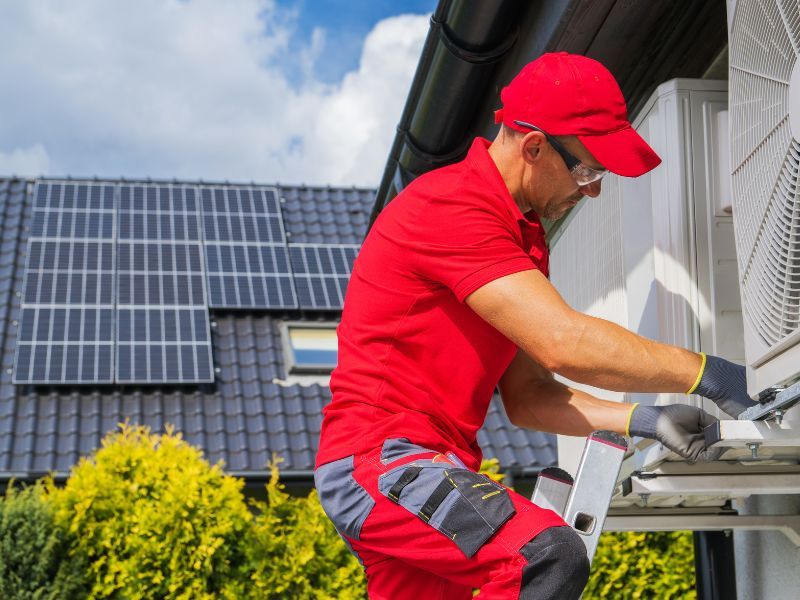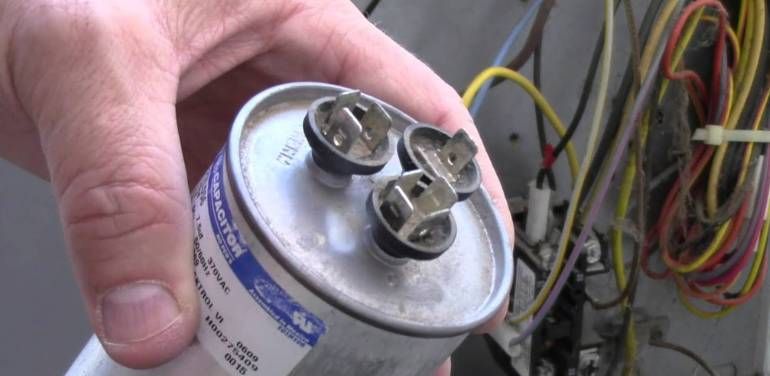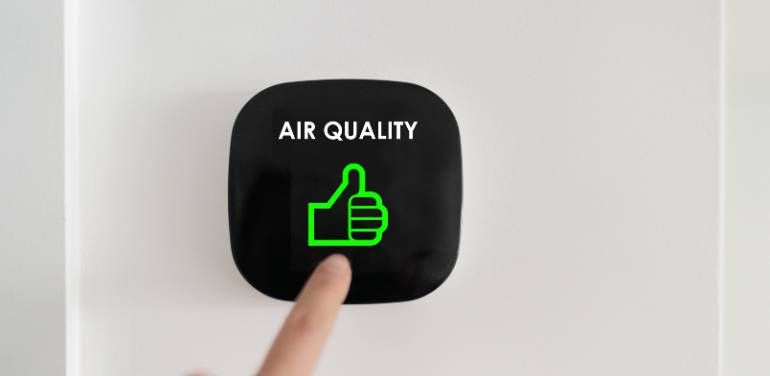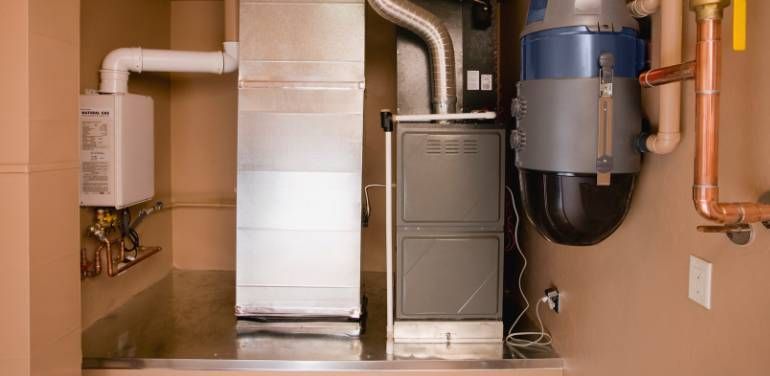How Long Does an HVAC System Last? 10 Factors That Matter The Most
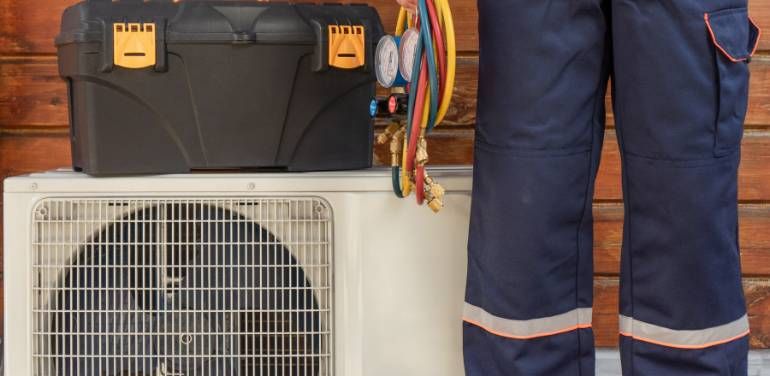
Maybe you’re comparing heating and cooling options? Perhaps your air conditioner and/or furnace has been around for a while? In any case, you’re wondering: how long does an HVAC system last?
On Average HVAC Systems Last Up To 15-20 Years.
Maybe you’re comparing heating and cooling options? Perhaps your air conditioner and/or furnace have been around for a while? In any case, you’re wondering: how long does an HVAC system last?
In truth, it depends. So, to help give you a better idea of an HVAC’s durability and lifespan, we’re going to cover the topic in more detail below. Let’s go!
How Long Does an HVAC System Last?
Generally speaking, HVAC systems last 15 to 20 years. Note, though, that this is not always the case. Some last shorter and some last longer.
There are a number of factors that affect the lifespan of an HVAC system. These factors include the following.
Maintenance
Regular maintenance can increase an HVAC system’s lifespan substantially. On the other hand, if you fail to maintain your HVAC system at all, its lifespan could become substantially reduced.
Regular maintenance for an HVAC system includes filter changes, cleanings, and repairs. The quicker you can rectify a problem, the less damage it will do, and the longer your HVAC system will last.
As such, it’s wise to schedule HVAC maintenance appointments on a yearly basis. Have an experienced HVAC specialist service your system and it will provide you with the maximum of its capabilities.
Environment
The environment in which an HVAC system exists can greatly affect its lifespan. For instance, if an AC condenser is perpetually being exposed to snow and cold, it’s bound to lose a few years of its functionality.
Or, if there’s a great deal of pet fur inundating your house, it’s bound to end up in your duct system, putting undue strain on your HVAC system. Unless the ducts are cleaned regularly, this can reduce the HVAC’s lifespan.
There’s also the heat and/or cold factor. If you live in an area with extreme temperatures, your air conditioner and/or furnace is going to have to work much harder than it would in an area with mild temperatures. This will cause it to give out prematurely.
HVAC Quality
Not all HVAC systems are created equal. Some are built to thrive through decades of consistent use. Others are shoddily constructed and will give out long before they should.
For this reason, when choosing an HVAC system, you need to make sure that it comes from a reputable company. Ensure that it’s under warranty and ensure that it has good reviews online.
Some of the best HVAC manufacturers include Rheem, Carrier, Lennox, and Trane. Note, though, that there are other reputable manufacturers out there.
Installation Quality
It’s not just the construction quality of your HVAC system that will affect its lifespan. The quality of its installation will affect its lifespan as well. If certain components aren’t installed correctly, they’ll incur unnecessary strain, causing the HVAC to die out before its time.
This is why, when installing an HVAC system, you need to choose a reputable installer. Find a contractor with positive reviews in your area and ensure that your system is set up correctly.
HVAC Unit Life Cycle By System
There are many different types of HVAC systems, all of which possess different lifespans. We’ll discuss the lifespans of the most common types below.
Central AC
Central AC units are used to cool entire homes. Generally speaking, they last between 15 and 20 years. Note, though, that their adjoining duct systems can last for hundreds of years.
Furnace
There are two types of furnaces: oil furnaces and electric furnaces. Whereas oil furnaces generally last between 15 and 20 years, electric furnaces generally last between 20 and 30 years.
Ductless Mini Split
Ductless mini-splits are wall-mounted units that are designed to serve single rooms. These electrically-powered units can last up to 20 years, and can sometimes even make it to 25.
Boiler
If you use a boiler for your heating, you can expect it to last between 10 and 15 years. Note, though, that when it comes to boilers, regular maintenance is an absolute necessity.
Heat Pump
Heat pumps are capable of producing both heat and cold, making them a great dual-force HVAC system. Generally speaking, heat pumps last for 15 years.
Signs You Need a New HVAC System
Because HVAC lifespan expectancies aren’t concrete, you need to keep an eye on your HVAC to determine whether it’s in need of a replacement. There are several signs you should look out for, including the following.
Inconsistent Temperatures from Room to Room
When a heater or air conditioner fires up, it should send identical temperatures to every room in the house. If it’s not, there’s a problem, either in the unit itself or in the adjoining duct system.
While a repair might help to keep the system going, a replacement might be needed instead.
Long Start-up Times
Generally speaking, when you make a temperature change on your thermostat, your HVAC should start within around 30 seconds. If it’s taking longer than this, your system is suffering some kind of impairment. Replacement might be needed.
Strange Noises
Are there strange noises coming from your HVAC system? If so, it requires immediate attention. Repair is almost certainly needed, and replacement might be as well.
Foul Smells
You’re also going to want to look out for foul smells. If there are bad odors coming from your HVAC (whether they be oil smells, mold smells, musty smells, or otherwise), your HVAC needs professional attention. Though repair might be able to prolong the HVAC’s life, it might instead need to be replaced.
Looking for Other HVAC-related Information?
Now that you have an answer to “how long does an HVAC system last?”, you might be looking for other HVAC-related information. If so, My HVAC Price can help.
Our site contains information on all types of HVAC-related devices, from air conditioners to furnaces and more.
Browse our HVAC guide now!
HVAC System Cost & HVAC Reviews
More Homeowner Guides
Categories
